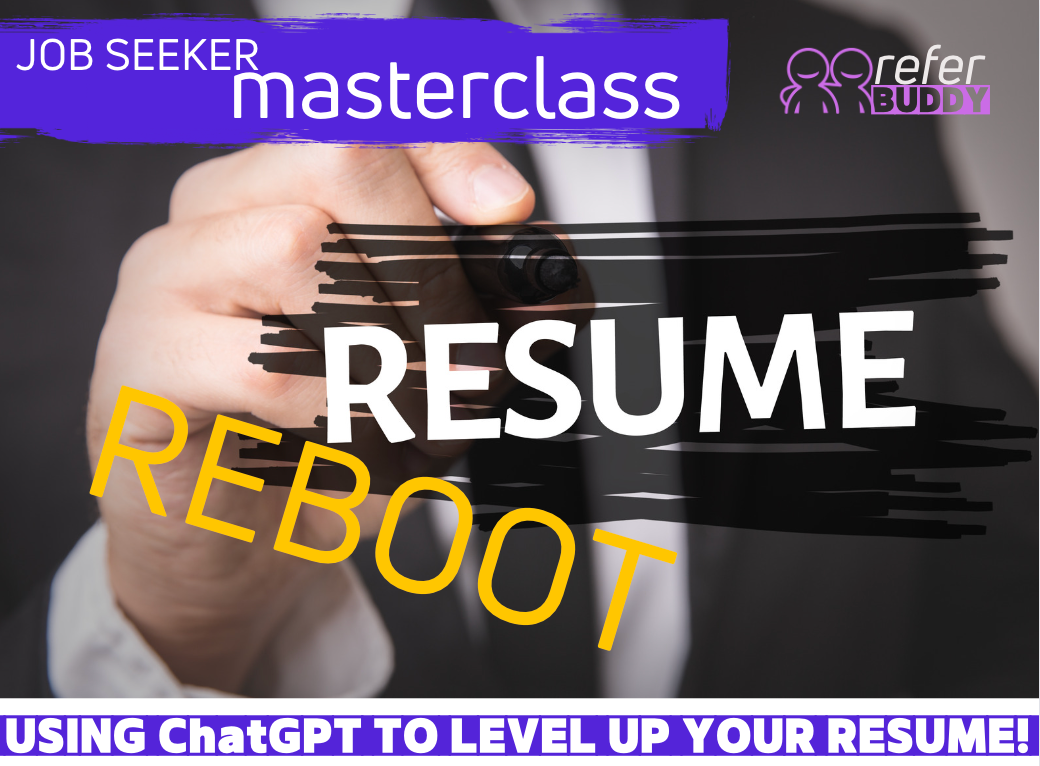Did School Set Us up to Fail in Our Careers?
School didn't really set you up for success in your career.
Now certainly there are some programs (and some of those flows are journeys that you could be on) that might set you up for success if you studied a profession that led you to an internship which results in a job… Or if you prepared for a career like being a doctor, lawyer, accountant, and certain types of engineers, etc. – in which case, of course school sets you up for a level of “success.”
If we define “success” as getting you a job and translating into a pathway after school…
But I'm not talking about just skills or knowledge; I’m referring to “the mindset” that school produces and specifically two ways that school affects the mindset of people about problem solving and their careers… Here is a high-level view of these two things.
The number one problem I see is that school does not set you up for success in terms of helping create a mindset on how to gather knowledge, what kind of knowledge you need to gather, and what to do with it after you’ve gathered it.
A lot of schooling revolved around this idea that we were gathering knowledge and memorizing it for “the” test, not for what comes after the test.
In practical situations, your life and job aren’t a series of tests with right and wrong answers, and there's not a teacher there with a set list of things that you need to memorize. The modern world of work has new problems that show up in new ways, and new adjustments have to be made to solve them. The classic textbook answers don’t translate to every situation you will encounter. And so learning and memorizing something just so you can pass a test or pop quiz is not going to be adequate.
This method of educating isn’t the best training for what comes after school, especially in the business world. The better kind of training is first principle or framework training.
Think of it like old math versus new math. Old math is very mechanical; it’s things like memorization of timetables. New math is about being able to think through the problem and set up the right way to think about it, so you can then go solve it. And that really is where for a lot of people, school didn't help them.
That idea of, hey, it's not about memorizing the facts; it's about “Can I set up the problem, so that if something changes, I can rethink it, readjust, and make it work the right way?”
The number two problem with school is the concept of who's in the driver's seat?
Think about this way: school, in general, is like a school bus…
A literal bus comes and picks you up and drops you off at school. This requires no thought on the individual's part; all they have to do is be at the bus stop at the right time, and they will get picked up and dropped off at the right school. If you're standing in front of the right bus afterschool, you’ll get on and it'll drop you off near your house.
There's no real thought process to it.
This is the way school is set-up…
There are incredible people (and we are grateful for these people) who work as high school counselors (and in those kinds of capacities to help students). BUT, the primary goal for them is really to graduate as many students as possible and to get those students in college (yes, they do talk about other options beyond that, but for the most part, the main thing that is preached is that the next step is college).
And that's it. So when we really simplify what is happening, it translates into a “bus” that “drives” you to and through school. We turn people into passengers on a predetermined journey. We don’t teach them how to be drivers of their own education, learning, and career paths.
Of course there is such a thing as taking initiative to do well at school and figure out what you do and don’t like and working at things, but generally speaking, the decision-making of “Where am I going? Why am I going that way? What do I do when things change?” isn't actually built into the process.
School limits the number of decisions you get to make. It's part of them getting as many people through school as possible, which is a positive. But once you get out of school and you get into normal life, your boss is not going to drag you along all the time. Your boss is going to expect you to get in the driver's seat.
But more importantly, if you allow your boss to be the driver of where you're going at work – and in your career – they generally are going to do what's in their and the company's best interest. Your manager is the same way.
What I mean by that is, it’s not likely in the company's best interest to help you navigate to your next great job at a different company. Said out loud, that makes a lot of logical sense, yet many people are still endlessly “loyal” to staying at or with a company way beyond their opportunity to keep progressing with that company. (In the professional world, this behavior is termed Escalation of Commitment; it’s where you stick with a decision long after it is in your own best interest to do so. [*])
With the school analogy, it is not your boss’s goal to help you “graduate” from their company like it was when you were back in school. Your boss’s goal is to keep you around and keep getting as much value from you as possible for their company.
So, your boss is not the best mentor about where you want to go with life, what you should be learning or doing right now, or which job you take versus another one. It is very much biased towards what's in their interest.
Your manager is not going to be there giving you the best advice, especially if you want to get out of their department into a different type of role or a different type of company because once again, what's in their best interest is for you to show up and do your job.
That is all perfectly fine and well, because you're getting paid to do that specific job, etc. But it is really important you acknowledge this fact, because it is not in your manager's best interest for you to FIND a better job, TRANSITION INTO a different role, or TAKE OVER their position by becoming the manager, or anything like that! So just keep that in mind with your career planning.
In summary, school taught us to focus on the test and memorize the things we were asked to memorize in preparation for it. But in the real world of work, you need the skills to really figure out how to think about your job and the types of problem-solving that are involved in it.
Beyond just thinking about the job you are currently doing; your career path can be incredibly exciting. It can have twists, turns, bends, and unexpected opportunity and adventure – but only if you are willing to be the driver of it. Don’t expect your boss to take that role for you.
A question I get asked frequently is, “Ryan, what do employers want?”
This question sounds a lot like an A+ student showing up on the first day of class trying to anxiously take notes on everything the teacher expects from them so they can get an “A”…
This question feels a lot like trying to please an employer…
And though you do want to do all the things necessary to excel in whatever position/job you take next, it’s crucial that you quickly figure out that you are the one with the power to “graduate” yourself from the course and to move on at each “semester” of your career – not your boss (someone I hope you will no longer think of as your “bus driver”).
So, what are you going to do next; how are you going to keep yourself moving forward, learning, and progressing to get to where YOU want to go on your career journey? Tell us in the Refer Facebook group!

Ryan Kay
Helping people get the career of their dreams!
Related articles

Unleash the Power of AI: How ChatGPT Can Help You Build a Killer Resume
In today's job market, standing out from the crowd can be a challenge. With so many qualified candidates vying for the same positions, it can be tough to get noticed by employers. But what if there was a tool that could help you create a resume that truly reflects your skills and experience, and sets you apart from the competition? That's where ChatGPT comes in!

Discover Your Path to a Meaningful Career: Tips for Finding a Job Aligned with Your Values and Goals
Whether you're looking to switch industries, start your own business, get remote work, or transition to a better position, these tips can help you find the path to a meaningful career.